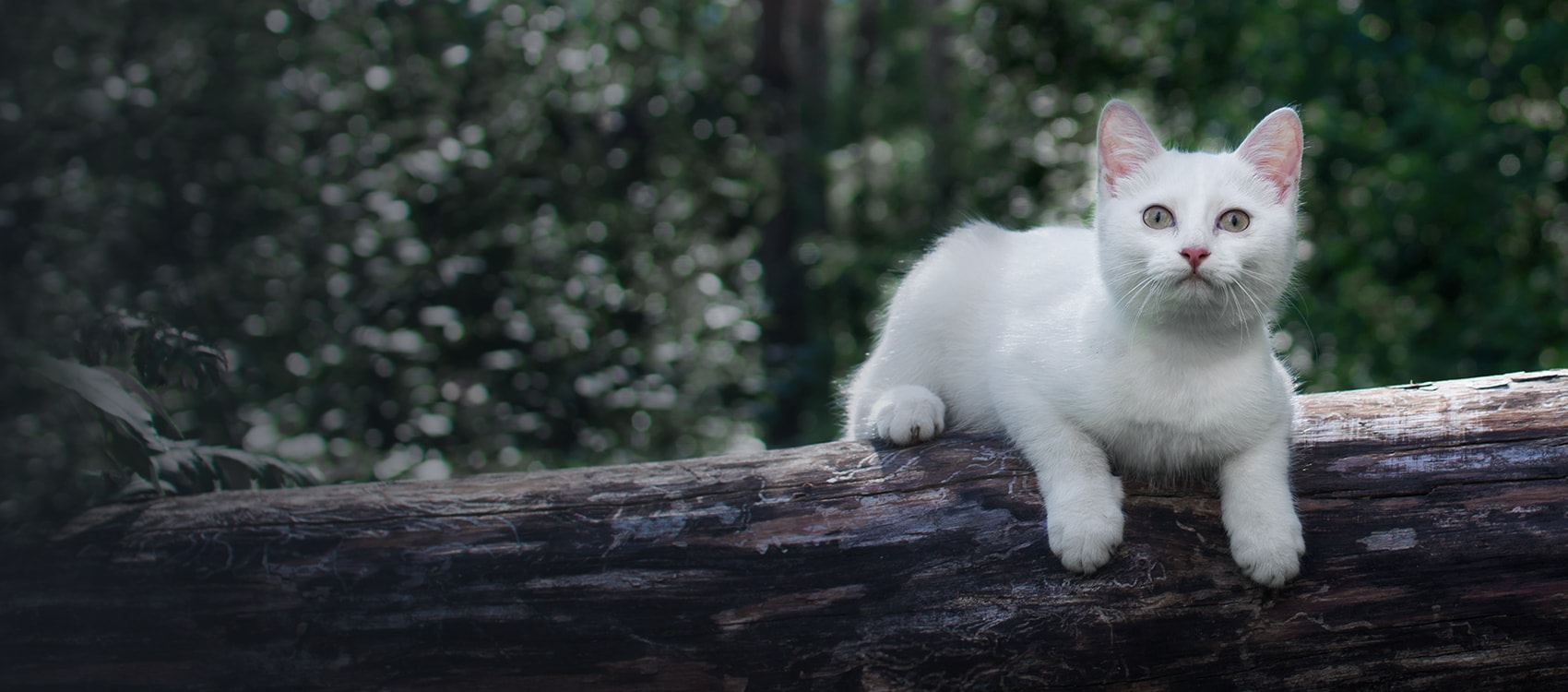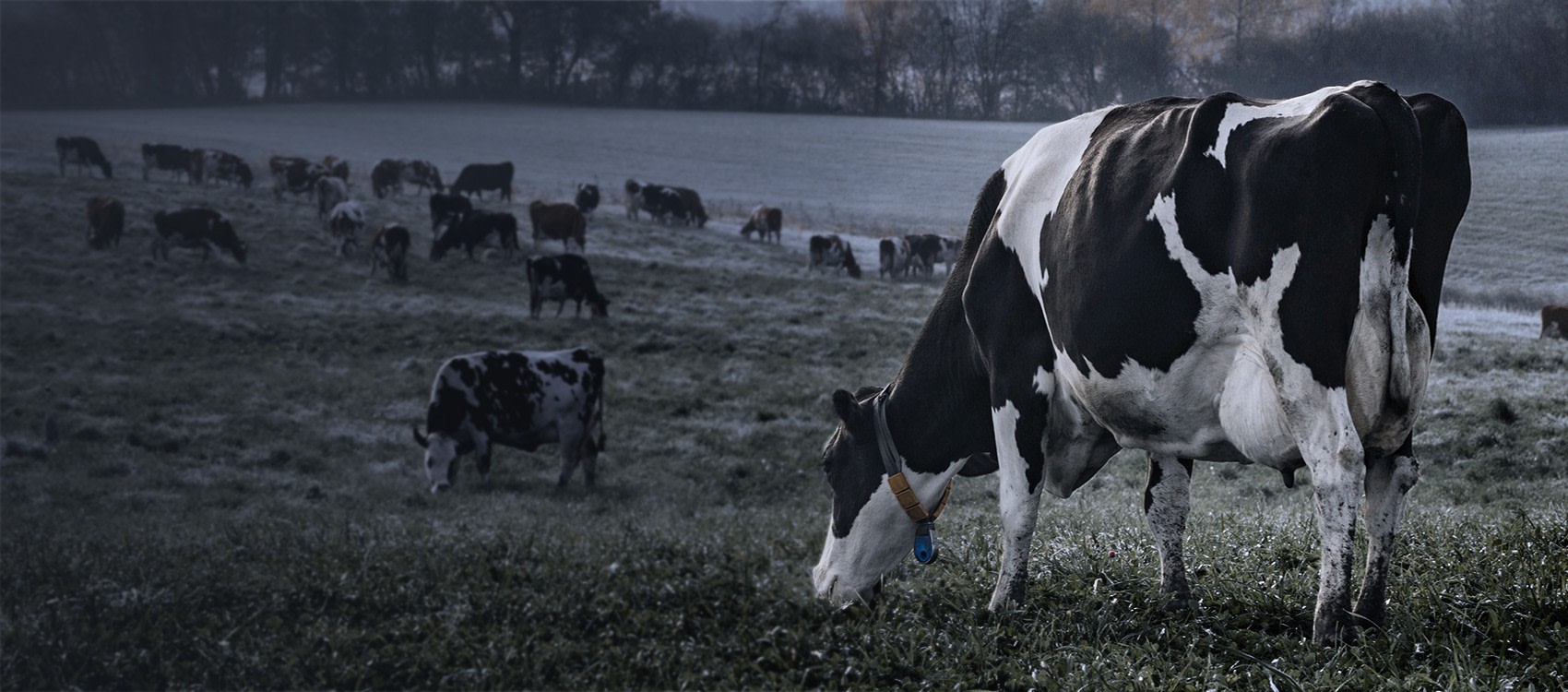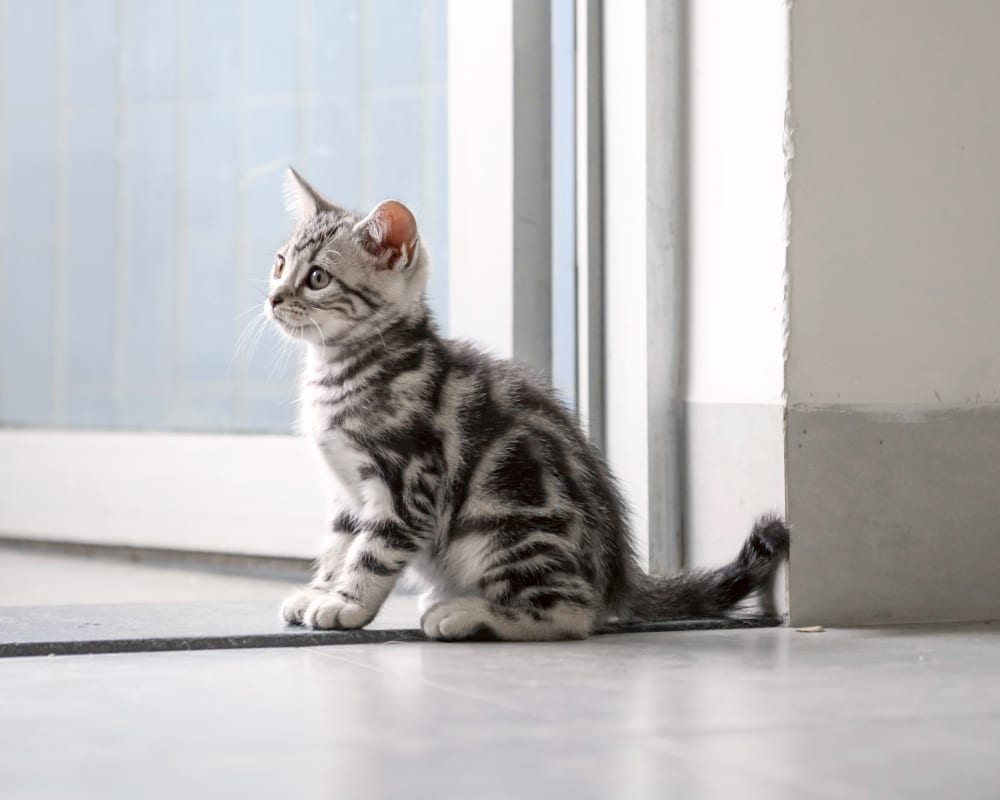Puppy’s First Vet Visit: Checklist & What to Expect
Congratulations on your new puppy! The first visit can be daunting, but in today's post, our New Ulm vets will tell you everything you should know heading into your puppy's first vet visit, and how to prepare for it.











